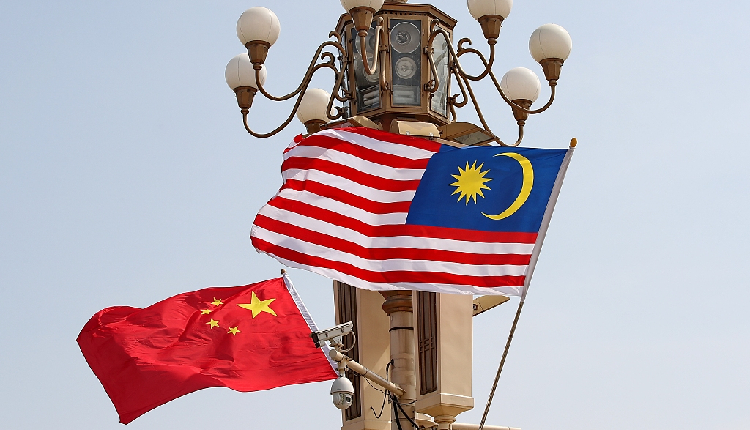Chinese companies are scrambling to avoid US tariffs by seeking assurances from Malaysian government officials.
These assurances centre around their ability to maintain tariff-free access to the US market if they relocate manufacturing to Malaysia.
Companies in the battery, medical device, and semiconductor sectors are seeking opportunities in Malaysia following the US tariff increase on Chinese goods.
Chinese companies are shifting production to Southeast Asian countries like Malaysia, Vietnam, and Thailand to avoid tariffs. However, uncertainty remains about potential future tariffs on Chinese-made goods produced in the region.
Eve Energy, a China-based lithium battery producer, met with Malaysian government officials, including the Malaysian Investment Development Authority (MIDA), in June.
A Malaysian government official stated that Eve Energy’s main concern is avoiding tariffs for their planned expansion in Malaysia. The official mentioned that providing guarantees is impossible, as the US’s future actions are uncertain.
Eve Energy, which exports 20 per cent of its products to the US, did not comment on the issue.
Another Malaysian government official reported a surge in inquiries this year, as they received dozens of Chinese semiconductor executives seeking clarification on whether they could legally sell goods to the US if they were based in Malaysia. They also asked if they could access sophisticated US chips
It’s worth noting that Malaysia is a key player in the global semiconductor industry, supplying 20 per cent of US imports, according to 2023 Census Bureau data.
In the last 18 months, Chinese companies have been setting up factories in Penang and Johor, two key manufacturing hubs in Malaysia. Penang has a strong semiconductor manufacturing history since the 1970s, while Johor is also experiencing increased interest from Chinese companies.
Lee Ting Han, an executive councillor in Johor, advised a Chinese medical device company on relocating manufacturing to Mexico on potential tariffs.
He reassured them that, for now, tariffs wouldn’t apply based on their equipment. However, he cautioned about potential future US policy changes, stating that the situation could change unpredictably.
Malaysian Prime Minister Anwar Ibrahim has been strengthening ties with China, the country’s top trading partner, while also maintaining a close relationship with the US.
Last week, Anwar announced plans for Malaysia to join the BRICS economic bloc (Brazil, Russia, India, China, and South Africa) ahead of a visit from Chinese premier Li Qiang.
Attribution; Financial Times


